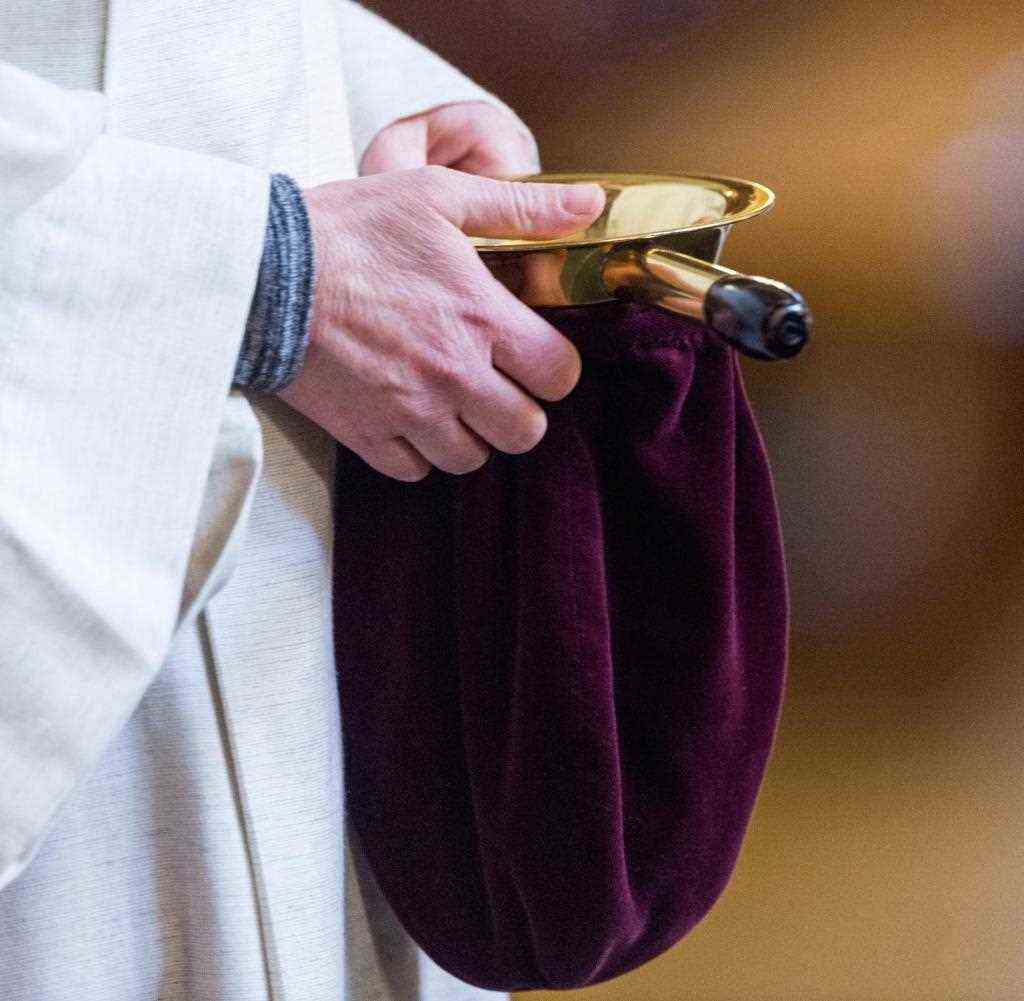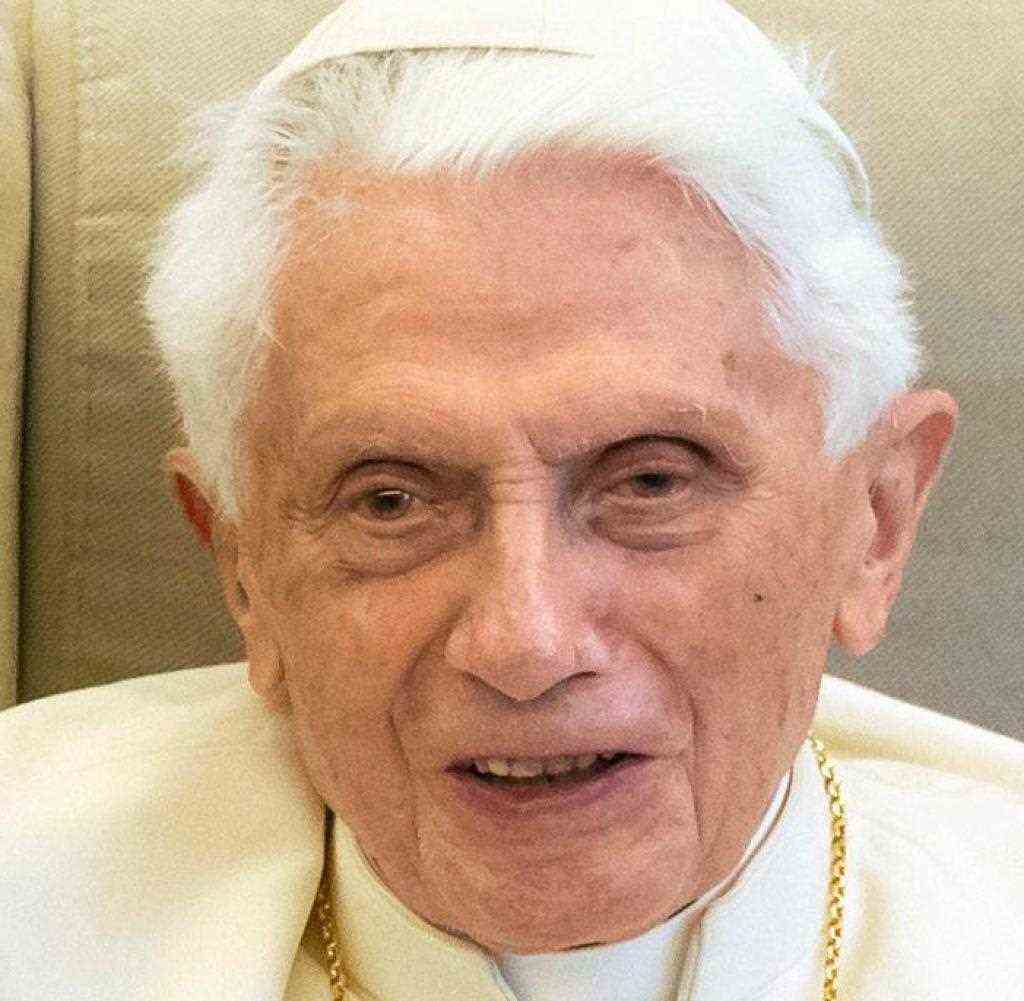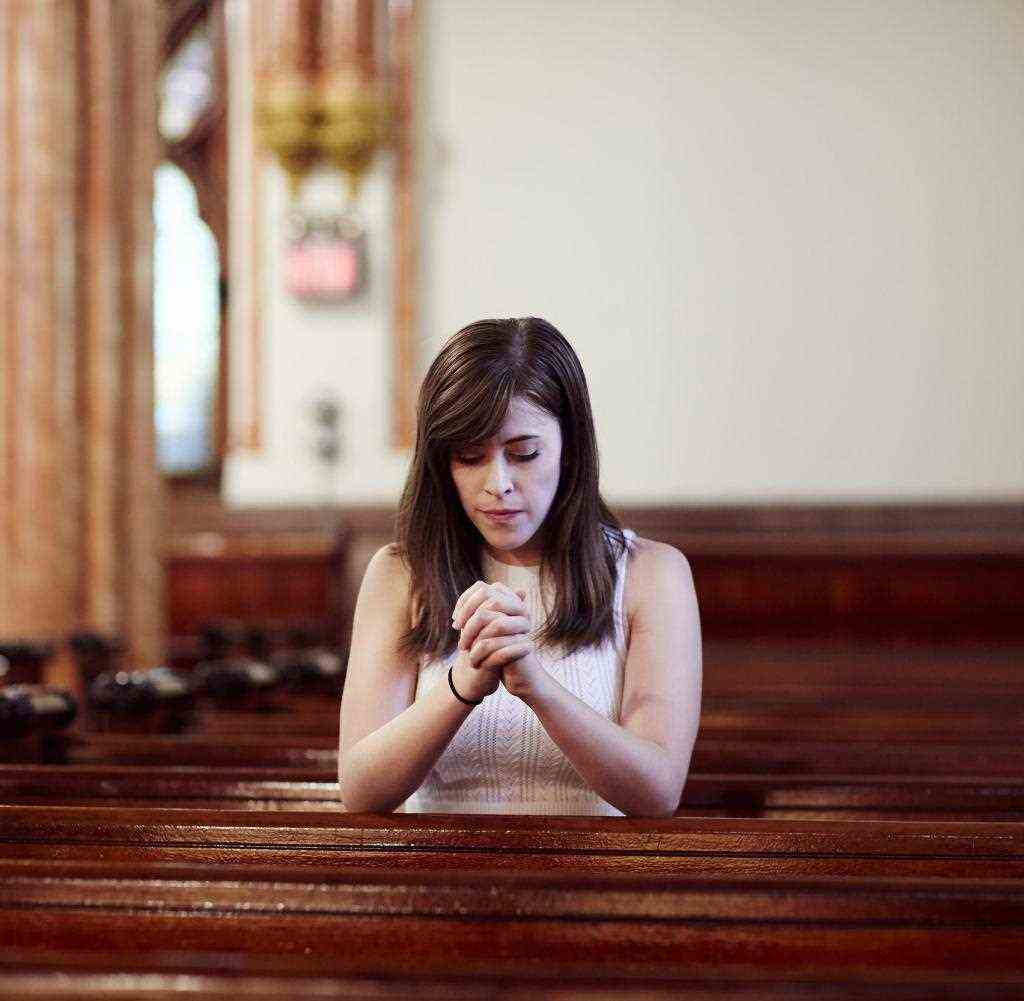S.the sentence from the coalition agreement hardly has any implications. “We create,” agreed the SPD, Greens and FDP, “in a fundamental law in dialogue with the federal states and the churches a fair framework for the replacement of state services.” That doesn’t seem very exciting. But it means that a highly problematic practice should finally expire. After more than 100 years.
The Weimar Constitution of 1919 and, identically, the Basic Law of 1949 stipulated that state benefits would be replaced. But it never happened. Year after year, 14 federal states (not Hamburg and Bremen) pay out of general tax revenue – regardless of the church membership fees for church taxes – millions of euros in varying amounts to dioceses and regional churches.
In 2020, a total of more than 550 million euros flowed to the churches. It is based on old treaties in which first the princes and then the states committed themselves to compensation payments for expropriations of church property in the early 19th century and for changes in church conditions during the Reformation.
Ending it would be a revolution in the state-church relationship. But for that the financiers would have to play along. The countries. But their willingness is doubtful.
The churches, on the other hand, are ready. It is “positive that the coalition wants to tackle the replacement of state services,” affirmed Martin Dutzmann, representative of the Evangelical Church in Germany (EKD) for federal politics, after the traffic light contract was published.
One-off compensation payment would be due
The fact that it will still be difficult is due to what the constitutional majority opinion means by the word “redemption”: the federal states would have to make a one-off compensation payment. And that should have it all.
A bill from the last legislative period by the FDP, the Greens and the Left provided that the transfer payment according to the Valuation Act should be 18.6 times the respective payment amount from 2020. In addition, the previous state benefits would have had to continue to be paid for 20 years. It is unlikely that the SPD, which tends to be church-friendly, will now reduce those payments in a traffic light bill and make things cheaper for the state.
For the federal states that would mean: If, after the Bundestag had passed a law of principle, they entered into specific termination negotiations with “their” dioceses and regional churches, they would have to raise hundreds of millions of euros, even billions, for the one-off payment in addition to the state payments that have continued for years.
Take Bavaria as an example: in 2020 the Free State paid around 101 million euros to both churches together. With a transfer factor of 18.6, this would result in a one-off payment of almost 1.88 billion euros.
The Bavarian Ministry of Culture reacted cautiously to a WELT request. First of all, according to a ministry spokesman, the question of entering into relevant talks with the new federal government for Bavaria does not arise, “because the initiative for this is constitutionally with the federal government”. His initiative remains “to be seen”.
In addition, “it should be borne in mind that a federal replacement law would only have limited significance for the Free State of Bavaria insofar as such a regulation would only concern a unilateral replacement carried out by the state by law”. Irrespective of this, “contractual replacements and adjustments by way of partial replacements and simplifications” can be carried out at the state level.
This path has been taken in Bavaria “for years, for example in the area of state building obligations on church buildings, the obligation to provide apartments and offices for bishops and members of the cathedral chapters or the remuneration of church officials”. It doesn’t seem as if Bavaria wants a comprehensive solution from the federal government.
In 2020, Schleswig-Holstein, Saxony-Anhalt and Lower Saxony also expressed little interest in a comprehensive replacement initiated by the federal government in response to a WELT inquiry about their stance on the then draft opposition law.
In contrast, Rhineland-Palatinate is now different: “If the new federal government approached the Rhineland-Palatinate state government with the desire to enter into talks on a fundamental law for the constitutional replacement of state services, the state government would comply with this wish,” a spokeswoman replied to a WELT request .
“The state government welcomes the intention set out in the coalition agreement to find a fair framework for a replacement of state services together and in agreement with the states and the churches”. A traffic light coalition rules in Rhineland-Palatinate.
“I think the discussion is necessary”
God as an old, white man? An idea that the young Catholic students no longer consider to be up-to-date. Therefore God should now get a gender star. “I think the discussion is necessary,” said Gregor Podschun, federal chairman of the Federation of German Catholic Youth.
Source: WELT / Thomas Klug




